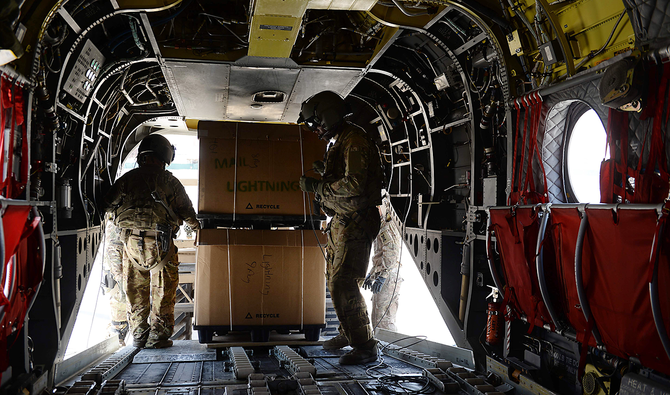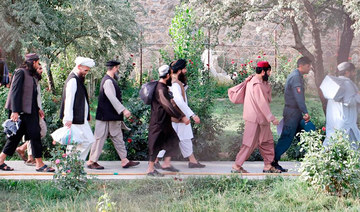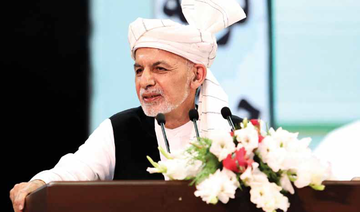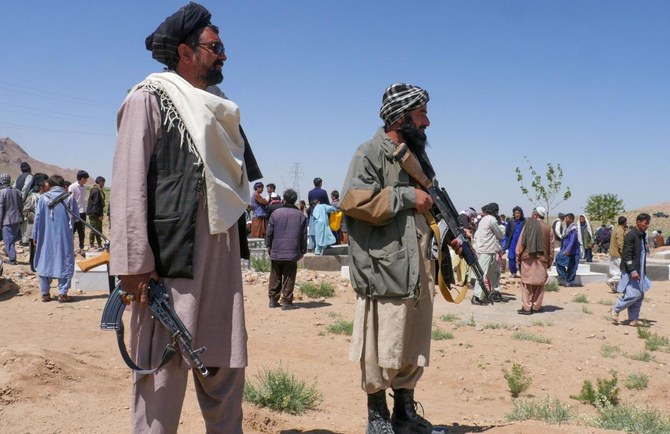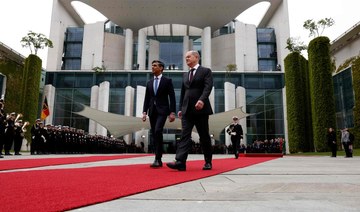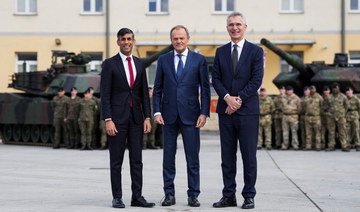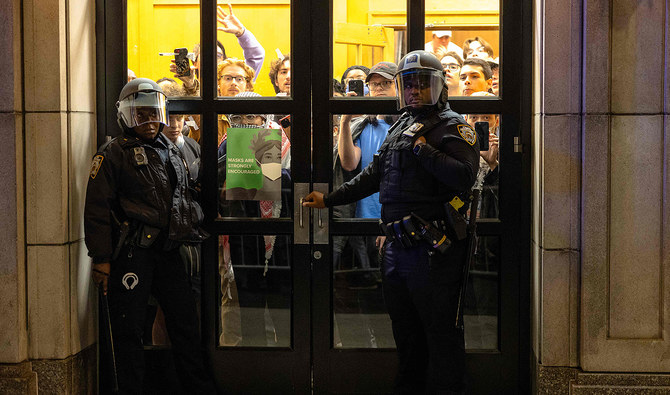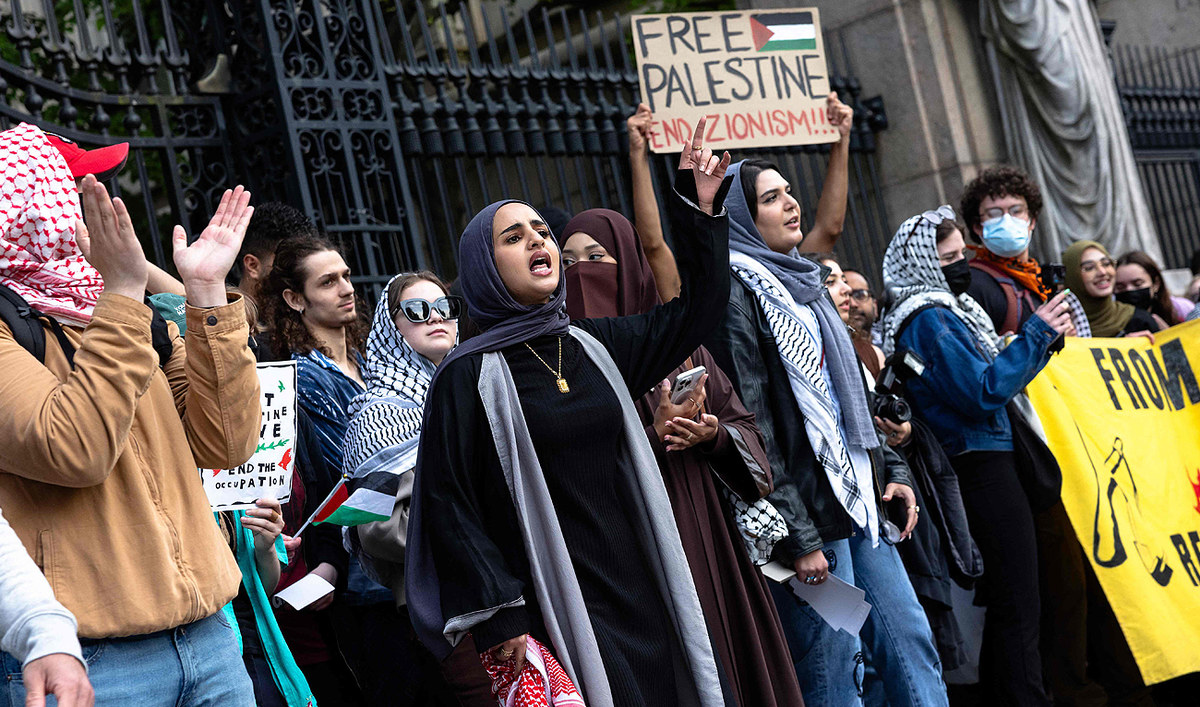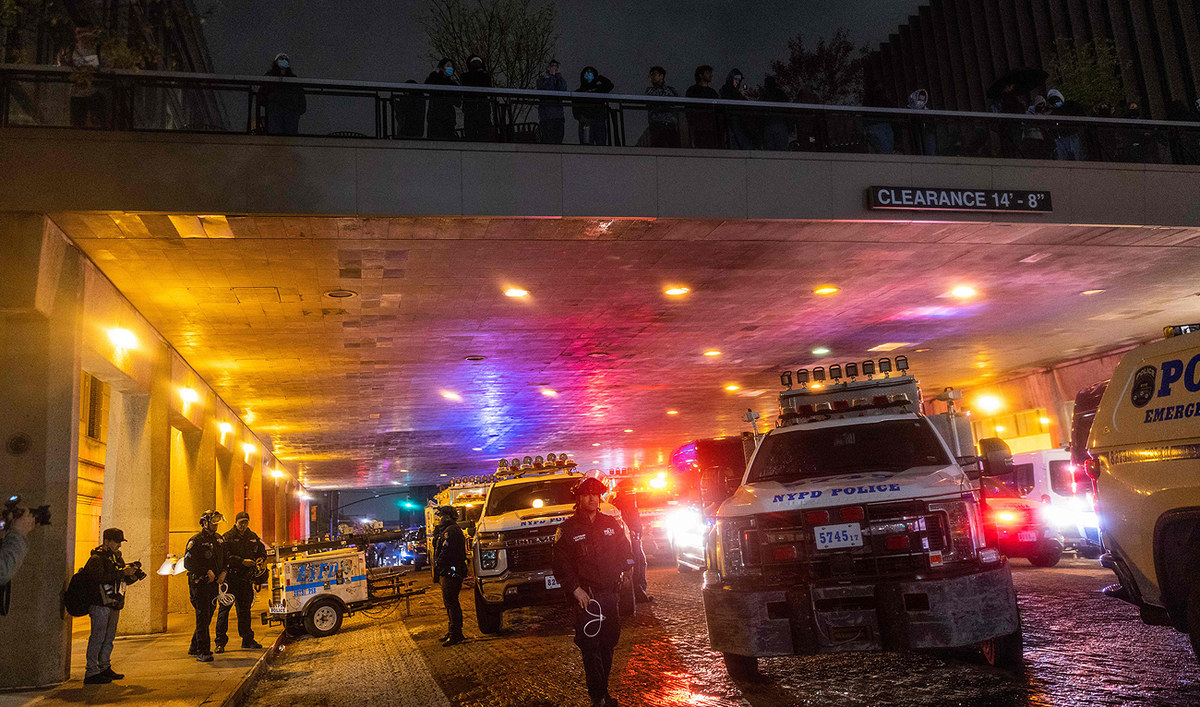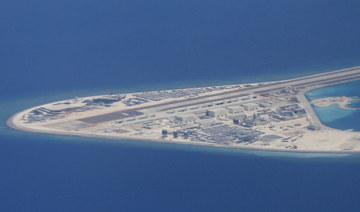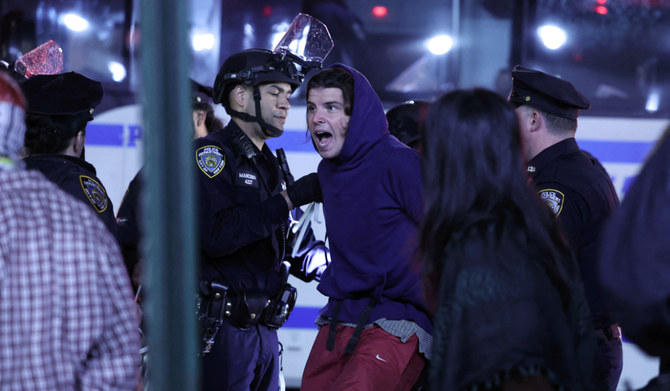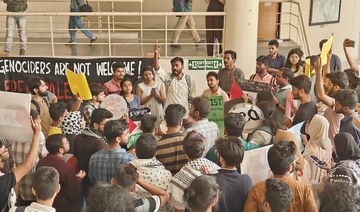KABUL: The Taliban on Tuesday dismissed a US military report that said Iran had paid bounties to the group’s combatants for attacks on American and coalition troops in Afghanistan.
“We strongly reject this allegation that said Iran offered cash to our Mujahideen in our struggle against the occupation,” Zabihullah Mujahid, a spokesman for the Taliban, told Arab News by phone. “No country has helped us in our cause nor does the Taliban need any country’s persuasion or any type of aid for fulfilling their responsibility,” he added.
Citing unnamed US defense and intelligence officials, CNN on Monday reported that Iran’s payments to the Taliban were linked to at least six attacks carried out by the group last year. One such attack included a suicide bombing on the Bagram airfield, the largest US base in Afghanistan, which killed two civilians and injured more than 70, including four US personnel, it said.
Mujahid said the report, which comes months after a similar assessment by US intelligence saying Russia had also assisted the Taliban with financial support in recent years for targeting American military, “were false claims to confuse public opinions.” He said part of the efforts of those “circulating such claims was to harm the peace deal,” which the Taliban struck with Washington in late February in Doha, Qatar this year, making history and resulting in the total withdrawal of US-led troops from Afghanistan by next spring, after 19 years of war.
Iran’s embassy in Kabul could not be reached for comment at the time of writing this article, while Afghan government officials refused to comment on the matter.
Afghanistan has been a battleground of direct and indirect wars for both regional and foreign powers for over four decades, with various foreign spy groups, at different junctures in time, helping one side or the other in the conflict.
Iran, a historical US archrival, was among the countries that hailed the US occupation of Afghanistan, which finally led to the Taliban being ousted from power in late 2001. However, there have been accusations from ordinary Afghans and some lawmakers that the Islamic Republic, worried about the prolongation of the US presence in Afghanistan and skeptical of its goals in the region, has provided military aid to the Taliban with the goal of harming US interests in Afghanistan in recent years.
Hamidullah Tokhi, a lawmaker from the southern Zabul province, said that several MPs had voiced their concerns in parliament about Iran giving “sanctuary to the families of Taliban commanders, and offers of weapons and cash” several years ago.
Mirwais Khadem, a legislator from the Helmand province, which lies near the border with Iran, agreed, saying: “Iran has been giving advance arms, mortars and cash to the Taliban in recent years, even after the signing of America’s deal with the Taliban.”
They were joined by Abdul Sattar Hussaini, an MP from Farah, also located near the border with Iran.
“Apart from harming the US in Afghanistan, Iran also wants to see the continuation of the war in Afghanistan because it cannot afford to see a stable government in our soil,” he said, attributing the latter to a historical water dispute between the two countries.
Unlike the other lawmakers, however, Tokhi questioned the “silence” of the US administration over Iran’s aid to the Taliban in the past and the “reasons for raising it now.”
Experts say it boils down to a regional rivalry between Tehran and Washington.
“There has been a long-term regional competition between the US and Iran, but the rivalry between the two countries has soared since President Donald Trump annulled the nuclear deal with Iran several years back and stepped up sanctions on the Islamic Republic,” Nasratullah Haqpal, an analyst on regional affairs, said.
He added that this could be one reason why Iran is “doing whatever it can in the region (to retaliate), especially in Afghanistan, to put pressure on the US.”
Taj Mohammed, a former journalist and now an analyst, said the emergence of Daesh in Afghanistan has also brought the Taliban and Iran closer to each other as both see the network as their enemy.
“Iran and the Taliban were hostile to each other (in the past), but the emergence and growth of Daesh here has also prompted them to cooperate in fighting against a common enemy. So, it is not only American forces but also those of Daesh,” he said.
Despite claims by the Afghan government of “imparting heavy blows” on Daesh in recent years, the network has claimed responsibility for several deadly attacks in the past few months.
One of these included the firing of rockets during President Ashraf Ghani’s inauguration to power in Kabul in March this year, while the other was a brazen strike on a prison in Jalalabad earlier this month, which facilitated the escape of several hundred prisoners, including Daesh fighters.
A similar rocket attack took place on Tuesday when Ghani was marking the country’s 101st Independence Day. At least 17 mortars and rockets, fired from two vehicles, landed in various parts of the city, wounding ten civilians, the interior ministry said.
There was no claim of responsibility for Tuesday’s rocketing, one of which, according to unconfirmed reports, landed in an area of the presidential palace.



